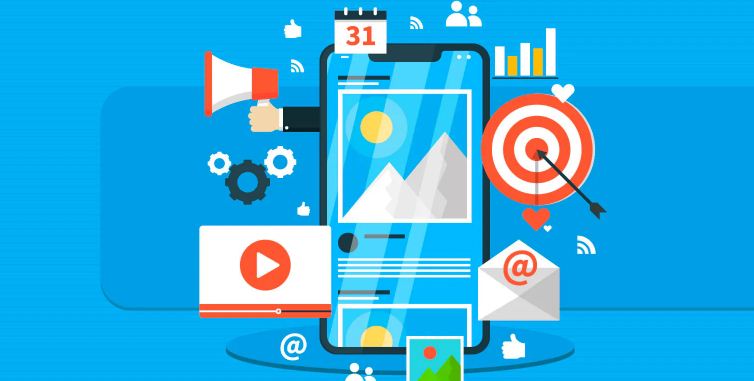
In today’s hyper-competitive mobile app market, app uninstalls and high churn rates have become a harsh reality that most businesses accept as unavoidable. However, it doesn’t have to be this way. The key to combating these challenges lies in the power of personalization. With personalized experiences, businesses can not only reduce app uninstalls and churn rates but also stay ahead in the game. This blog of Personalized app launch strategy for maximum impact aims to provide result-driven strategies and industry-wide examples to help you personalize your mobile app effectively.
Understanding App Personalization and Its Importance
App personalization refers to the process of tailoring an app’s user experience based on individual preferences, behavior, and context. Personalized experiences allow businesses to connect with their users in a meaningful way, creating a sense of relevance and value. By understanding and catering to each user’s unique needs, businesses can significantly enhance user engagement, satisfaction, and ultimately drive sales. In a crowded market, where users have countless options at their fingertips, app personalization becomes a powerful tool to differentiate your brand and retain loyal customers.
App Personalization Strategies That Can Boost Your Sales
1. Optimizing User On-boarding
One of the crucial steps in personalizing the app experience is optimizing user on-boarding. Effective on-boarding ensures that users quickly grasp the value and benefits of your app, which significantly reduces the likelihood of uninstalling. By collecting relevant data during the on-boarding process, businesses can personalize subsequent interactions to align with user preferences.
2. Personalize Push Notifications
Push notifications have proven to be an effective way of engaging app users. However, sending generic notifications to all users can lead to fatigue and increased uninstall rates. By segmenting your user base and personalizing push notifications based on their preferences, behavior, and context, you can deliver highly relevant and timely messages, which can increase user engagement and retention.
3. Personalize In-App Messages
In-app messages provide an opportunity to directly communicate with users while they are actively using your app. Personalizing these messages based on user behavior, preferences, and context can significantly improve their relevance and effectiveness. Whether it’s offering personalized recommendations, providing helpful tips, or delivering exclusive offers, customized in-app messages can enhance the user experience and keep users coming back.
4. Personalize In-App Offers
Offering personalized in-app offers not only drives immediate conversions but also fosters a sense of exclusivity and personalized treatment. By leveraging user data, such as past purchases, browsing history, and preferences, businesses can tailor offers that resonate with each user. This level of personalization can significantly increase the likelihood of a conversion, as users feel valued and understood.
5. Location-Based Marketing
Location-based marketing is a powerful tool that leverages user’s geographic information to deliver personalized experiences. By utilizing geofencing and beacon technology, businesses can provide location-specific offers, recommendations, and promotions. This level of personalization can help drive foot traffic to physical stores and enhance the overall user experience.
6. Personalized Product Recommendations
Product recommendations have become a staple of e-commerce, and mobile apps are no exception. By analyzing user behavior, preferences, and purchase history, businesses can provide personalized recommendations that are tailored to each user’s interests. This level of personalization not only helps users discover relevant products but also increases the likelihood of repeat purchases and customer loyalty.
7. Personalize Pricing
Dynamic pricing is a strategy that adjusts the price of products or services based on various factors, such as user demographics, demand, and purchase history. By personalizing pricing based on user-specific attributes, businesses can offer customized deals and promotions, creating a sense of exclusivity and value. Personalized pricing can enhance user satisfaction and increase the likelihood of conversion.
8. Localization
In today’s globalized world, localization plays a crucial role in personalized app experiences. By adapting your app’s content, language, and features to cater to different regions and cultures, businesses can create a more personalized and engaging experience for diverse user populations. Localization shows users that their needs and preferences are acknowledged and respected, fostering a sense of connection and loyalty.
Summary
App uninstalls and high churn rates are challenges that affect most businesses operating in the mobile app space. However, by harnessing the power of personalization, businesses can effectively combat these issues and stay ahead in the game. By optimizing user onboarding, personalizing push notifications, in-app messages, and offers, leveraging location-based marketing, providing personalized product recommendations, tailoring pricing strategies, and localizing content, businesses can create unique and relevant experiences that keep users engaged and loyal. In a competitive landscape, app personalization is not just a luxury; it is a necessity if businesses want to thrive and succeed.
